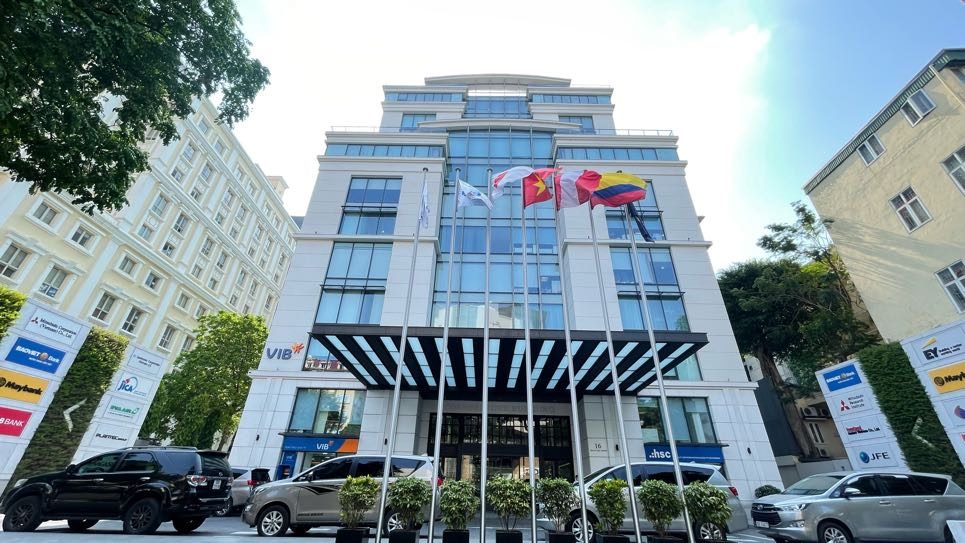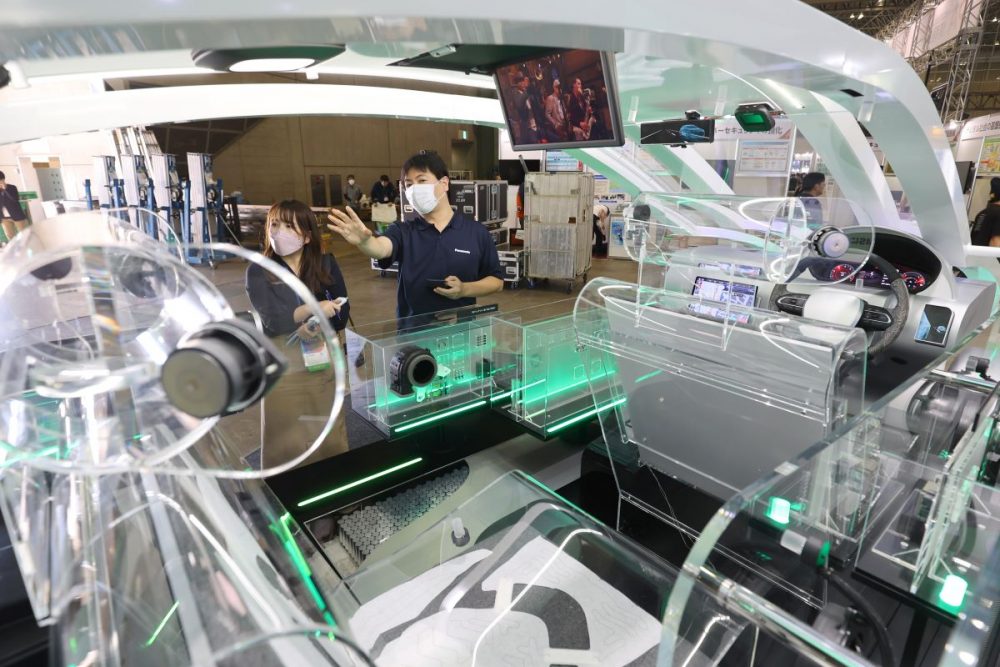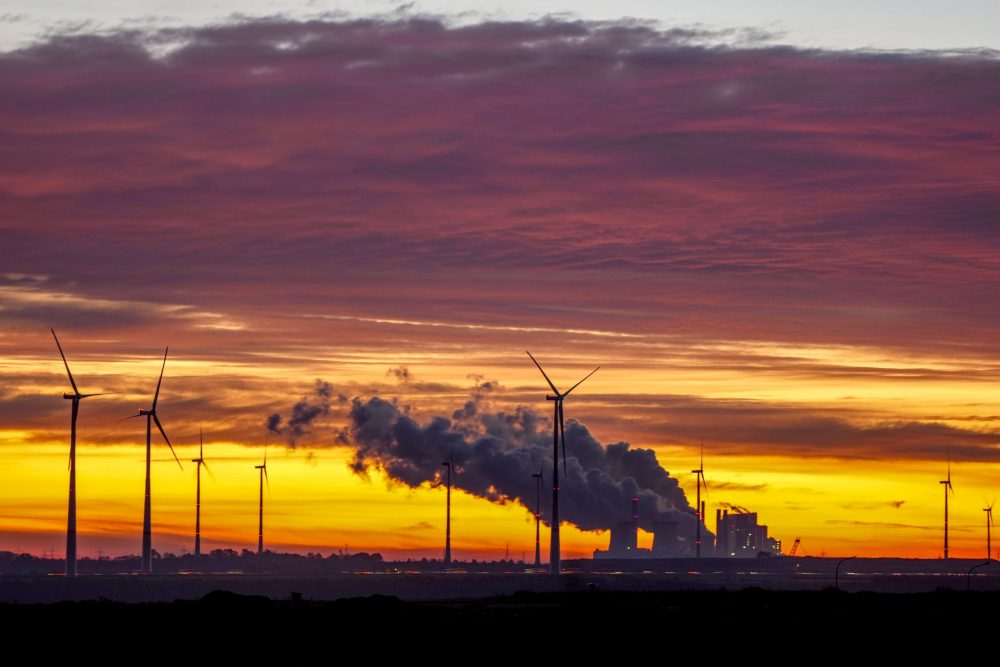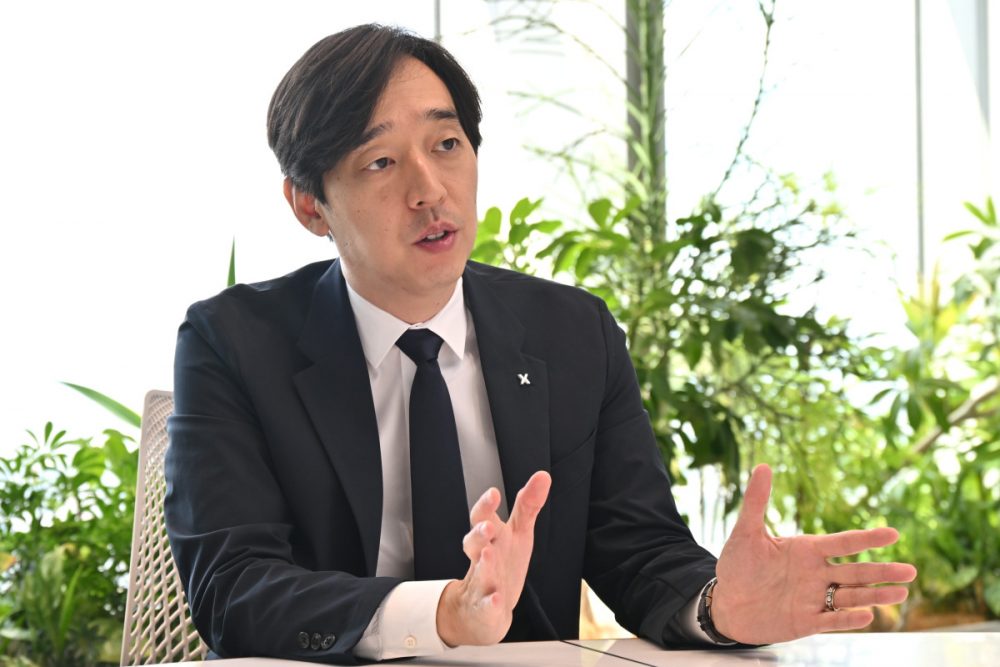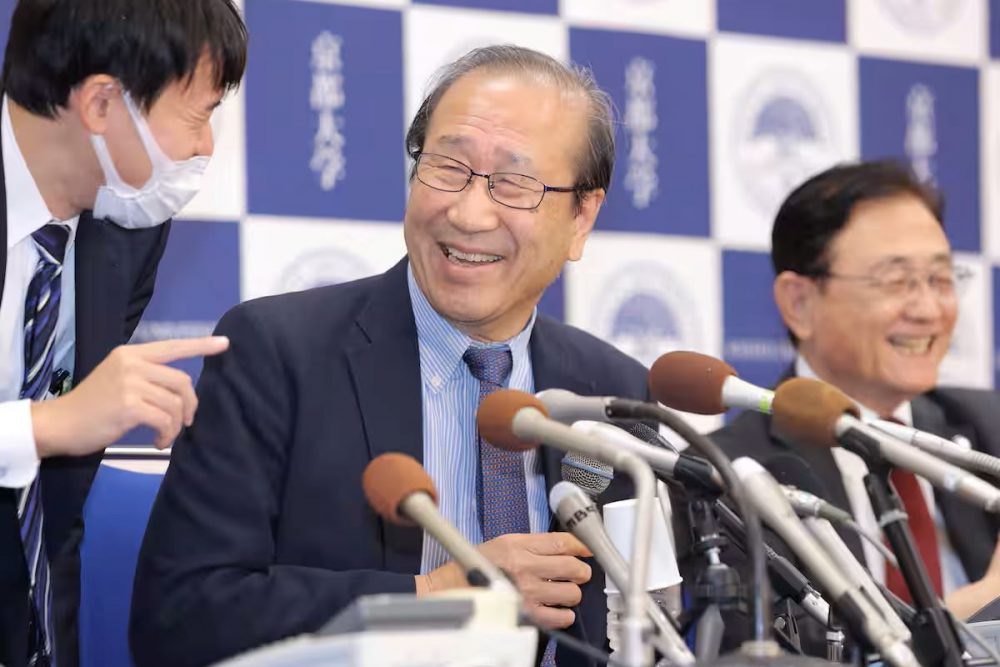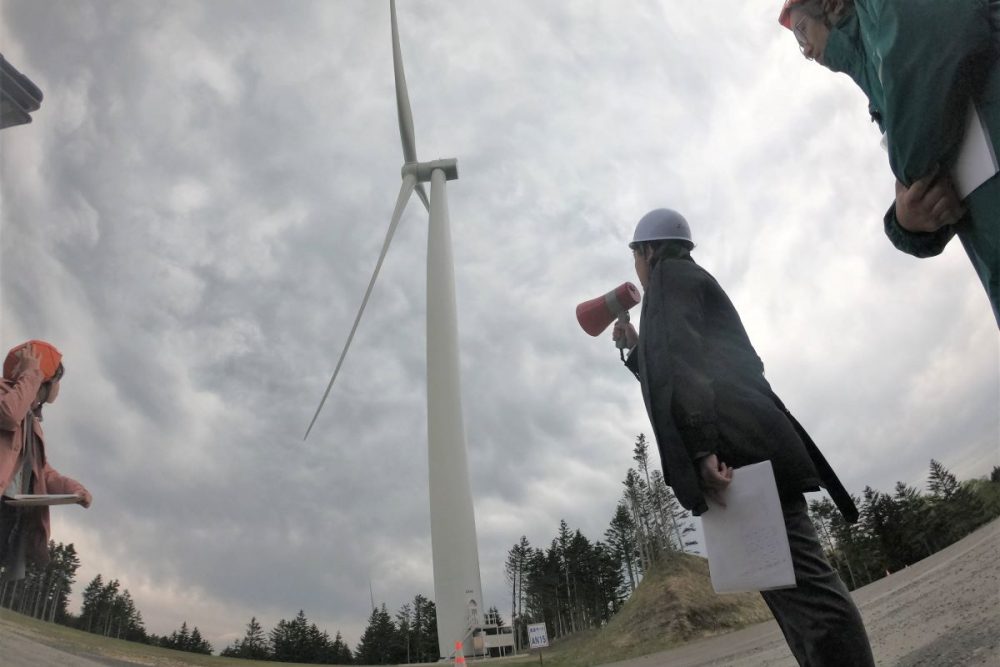AZEC Ministers Agree on Joint Efforts in Energy, Transport, and Industry Decarbonization
AZEC ministers agree on decarbonization in energy, transport, and industry, with 68 MOUs to boost public-private cooperation between Japan and Southeast Asia.
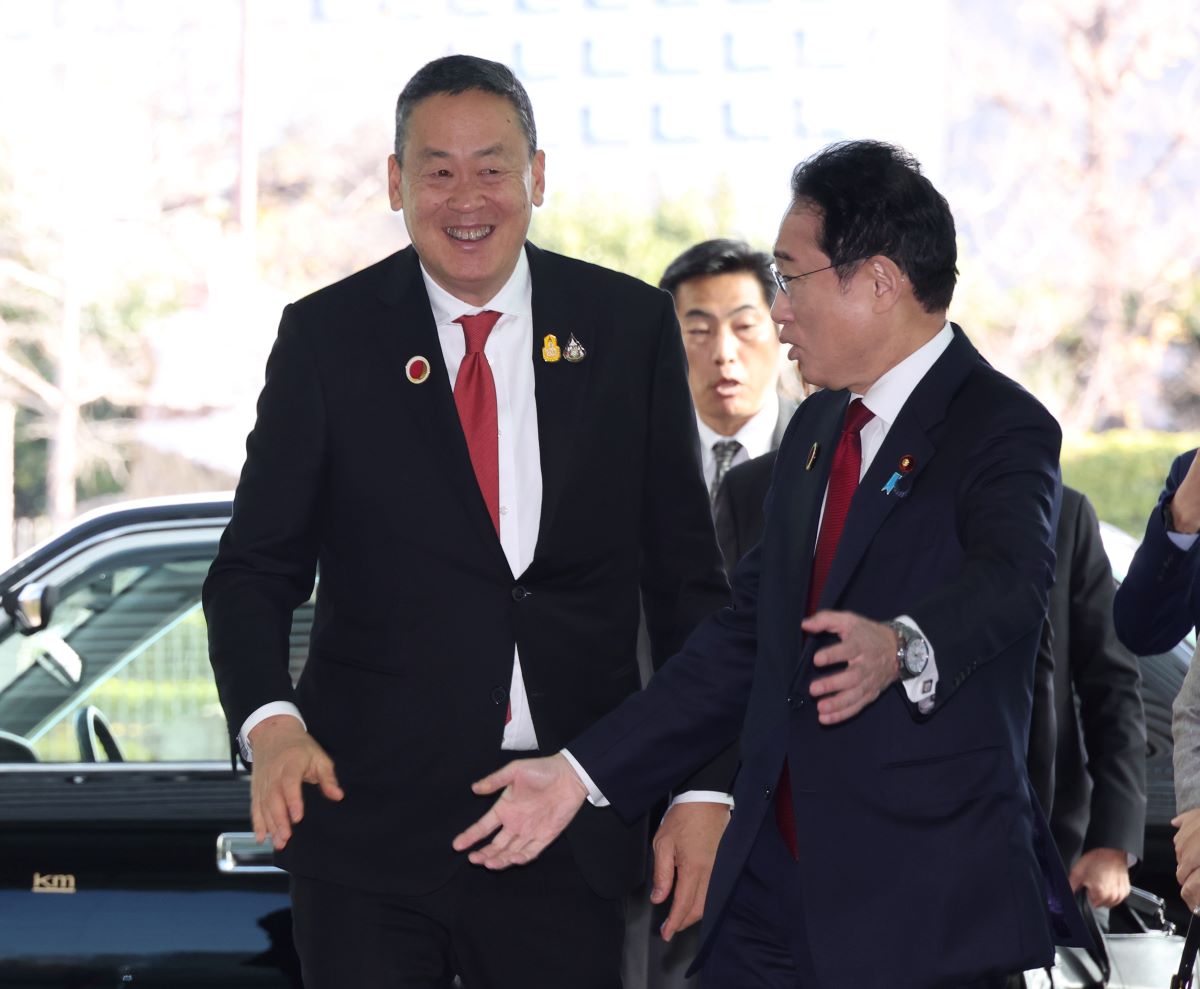
このページを 日本語 で読む
On August 21, a ministerial meeting of Asia Zero Emission Community (AZEC) was held in Jakarta, Indonesia. AZEC is a collaboration framework for decarbonization led by Japan and encompassing Southeast Asian countries. The meeting adopted a joint statement that included policy coordination in three areas: electricity, transportation, and industry.
Multi-Sector Cooperation
The meeting resulted in a total of 68 memoranda of understanding (MOUs) being signed between participating countries and private companies, including Japanese firms. The initiative aims to promote collaboration between the public and private sectors toward decarbonization. Southeast Asia currently relies heavily on thermal power generation.
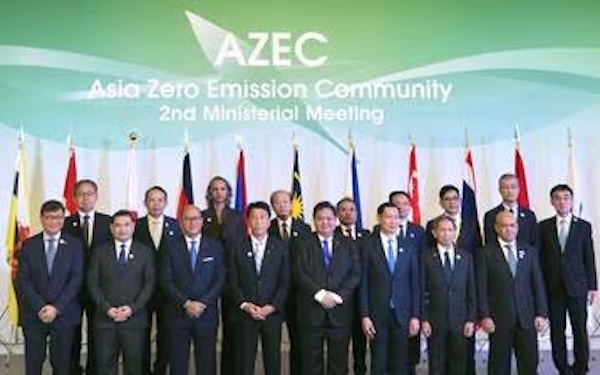
This was the second ministerial meeting. After the meeting, Japan's Minister of Economy, Trade, and Industry, Yasutoshi Nishimura spoke at a press conference. "Japan will contribute to Asia's growth by supporting concrete decarbonization projects," he asserted.
In the electricity sector, Japan will support the decarbonization of thermal power plants. Specifically, cooperation will be aimed at fuel conversion to reduce CO2 emissions based on hydrogen and ammonia co-firing. Cooperation is also to support the establishment of laws for carbon capture and storage (CCS) designed to store the CO2 emitted from power plants underground.
Forming a Coalition
Cooperation in the transportation sector will focus on creating roadmaps for building sustainable aviation fuel (SAF) and biofuel supply networks. In the industrial sector, Japan will support the shift to renewable energy-powered industrial parks.
Participating countries signed several memoranda of understanding with Japanese companies in conjunction with the meeting. For instance, Toyota Tsusho signed an MOU with Indonesia's state-operated oil company for joint development and supply of biofuels.
The Asia Zero Emission Center, a platform for information sharing on decarbonization efforts, officially started operations in Jakarta on the same day.
Japan advocates for the continuation of coal-fired power generation applying measures to reduce CO2 emissions. By providing decarbonization technology to Southeast Asia where circumstances are similar, Japan can build a pragmatic coalition to counter pressure from European countries to phase out coal. The cooperation also serves to counter China's growing involvement in energy infrastructure in Southeast Asia.
AZEC was proposed by Prime Minister Fumio Kishida. It includes 11 countries: the 10 ASEAN member states, excluding Myanmar, along with Japan and Australia. The second summit is scheduled to be held in Laos in October 2024.
このページを 日本語 で読む






